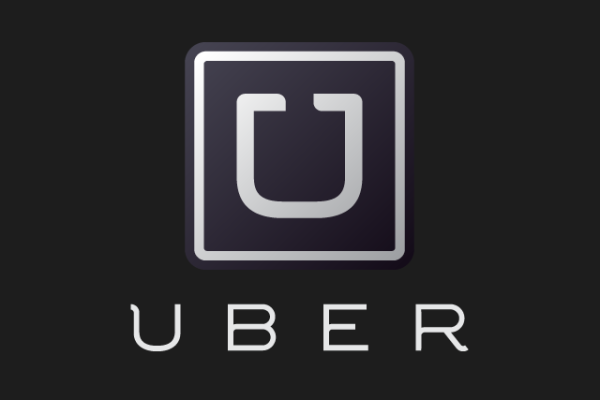
Uber Cape Town plans to keep the prices of its recently launched low-cost uberX service at the same level as currently, with the service also set to roll out in Johannesburg in the future.
HumanIPO reported last week Uber had launched uberX in Cape Town, inviting the public to try the service and receive free uberX rides for five days, a deal subsequently extended until yesterday (Thursday).
Anthony le Roux, general manager of Uber Cape Town, told HumanIPO the company planned to keep the prices the same as at the launch of the service – ZAR7 per kilometre, plus a ZAR5 base fare and ZAR0.70 per minute.
“Obviously we’ll reevaluate over next few months and see,” he said, adding the opening prices would only change if they resulted in partners not making money.
He also said uberX would launch in Johannesburg, with it being a question of “when” rather than “if”, and Uber was not necessarily done with new services in the South African market.
“We are always thinking about what other products we can add that can add value. It will be a question of how much capacity we have,” he said, suggesting Uber may be interested in Winelands tourist packages in the future. “But launching uberX is a huge amount of effort, so that’s our focus now.”
According to le Roux, Uber extended the deal to allow as many users as possible to try the service for the first time given the amount of demand.
“We are happy to give our users a free ride to try the service. We also want our uberBLACK customers to try it,” he said.
“That’s the strategy, to get everyone to use it once. Because once they use it once, they see it is not like any other ride they take. We’ve got an amazingly sticky product.”
He said there was no risk of uberX cannibalising the uberBLACK service, which he said was doing well, and that the two service were complementary.
“It’s really getting to a sizeable market portion and it grows every week. As the business grows and the cars on the road grow the system becomes more efficient,” le Roux said.
“People worry about cannibalisation. What we have seen in Cape Town is that uberBLACK was better than it ever has been this weekend.”
He said Uber needed to get people over the first hurdle of signing up, after which they can switch between two services.
“It brings more people in and drives use of both,” he said.
“We have a lot of runway to go with uberBLACK. We’ve got a lot of it but we think we should be getting more of it.”
He also said traditional taxi companies did not have as much to fear from Uber as has been suggested, especially following protests about Uber by taxi drivers in Europe, with the company targeting the un-taxied population as well as existing taxi users.
“There are always going to be people that want to pay in cash and there will always be taxis that allow them to do that,” he said.
“Anytime you have an industry that is stagnant for decades and you bring in disruptive technology like Uber, you are going to see a pushback from operators. We expect that, but every single uberX driver has a meter taxi operating licence, who are seeing more money now than they were were waiting on Long Street.”
Though Uber is a force to reckoned with financially, with investment from the likes of Google and Goldman Sachs and an estimated valuation of US$18 billion, le Roux said once the company has launched its services in a city it then applies a lean startup model.
“A huge amount of our investment power involves rolling out in other cities. The we try to run the business in a startup model,” he said, adding the Cape Town team still consists of three members, the same amount as at launch.
In terms of Africa as a whole, he said Uber was interested in expanding into new countries, but would have to adapt to local challenges. HumanIPO reported late last year Uber was M-Pesa integration for a service in Nairobi, Kenya.
“Africa offers a whole different sort of challenge. That’s not to say we are not interested in them. It’s just figuring out how to adapt the business model,” he said.
“You have to make sure your technology works in your local city. So there’s a lot of interaction, if you need help, there is all the help that you need. But if you’re good to go you just go ahead and run the city.”

















